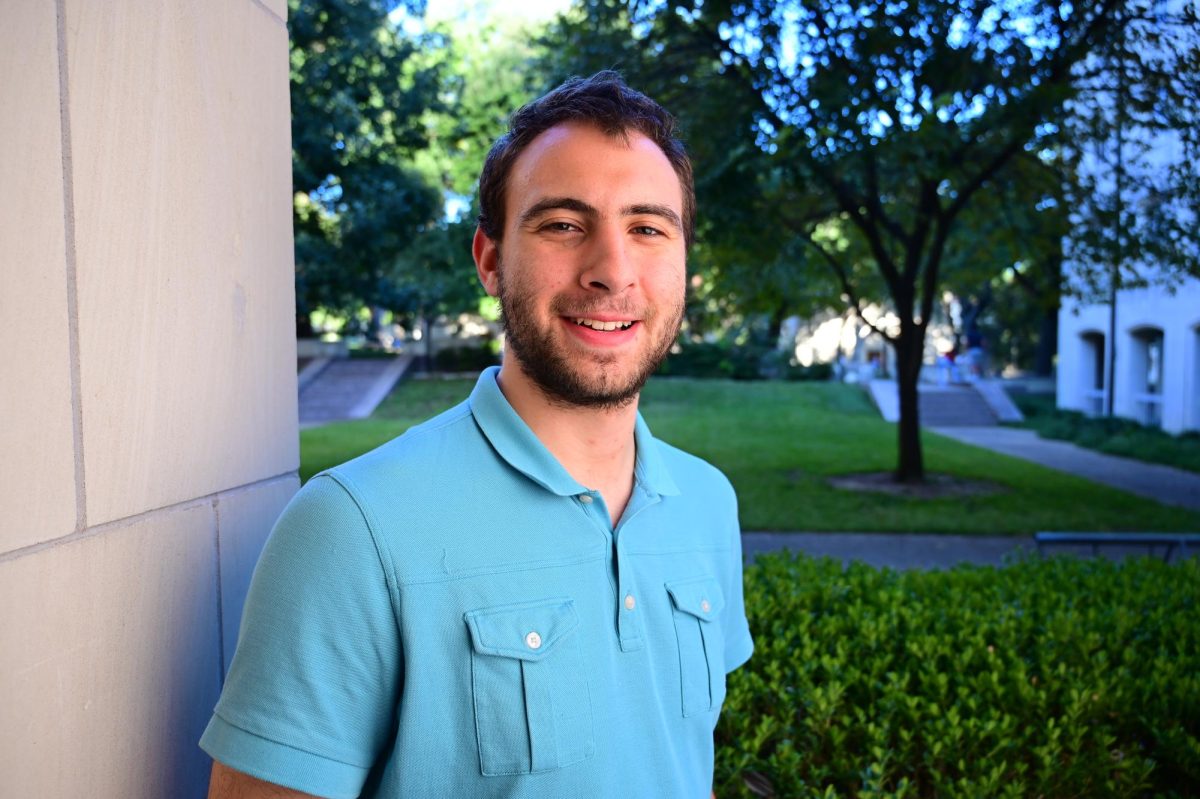A student organization hoping to unite students with attention-deficit/hyperactivity disorder, named Students for ADHD Inclusivity, is in the process of being formed.
The organization applied to become an official student organization early in the fall semester and is in the final stages of approval. As of now, the group consists of about 30 students looking for others with similar experiences, said Andrew Zhebrak, co-president and government senior.
“College is really daunting for everyone,” Zhebrak said. “It’s especially hard for people with ADHD, so having a good support network for people with the condition, as well as a professional network, … would be really useful.”
Once official, the organization plans to host bi-weekly meetings and socials to connect students with ADHD in a non-judgemental environment, Zhebrak said.
“One thing that I didn’t realize was how difficult it would be to balance (having ADHD) while also going to college,” psychology sophomore Elli Ana Vela said. “I joined this organization in hopes that I would (be) able to make friends who are going through something similar.”
On top of acting as a social network, Students for ADHD Inclusivity plans to lobby the University administration for more resources for students with ADHD. Additionally, Zhebrak wants to implement a system for ADHD testing at the University.
Currently, the Counseling and Mental Health Center does not offer testing for ADHD. Services include counseling and referrals to off-campus facilities or on-campus resources, according to the website.
“There’s no ADHD testing available on campus, and it’s really expensive,” Zhebrak said. “The private providers I’ve asked start around 500 (dollars). I’m aware that UT used to have that system in the past, but they don’t have that anymore, unfortunately. I would love for something like that to be brought back again.”
Aside from joining this organization, Vela said that current resources for students with ADHD are scarce, but for her, registering with the Disability and Access department has helped.
“Disability and Access has made it easier for me to get my work done, and it’s also provided a lot of understanding between me and my professors who may not be aware that I struggle with ADHD,” Vela said.
For students who are unsure whether or not they have ADHD, Vela’s advice is to do research and talk with someone who could possibly relate.
“Keep in mind that not everyone is going to be dealing with it in the same way, so you have to find out how you would cope best with having ADHD,” Vela said.













